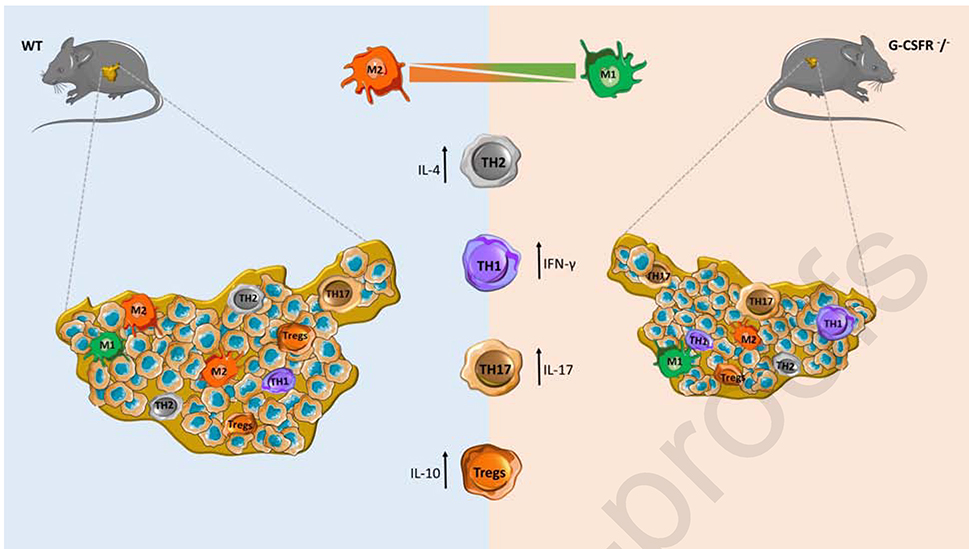Figure 2. Role of G-CSF in moderating the tumor microenvironment of colon cancer.
In a mouse models of colon cancer, G-CSF affects the polarization of tumor associated macrophages (TAMs) and T cells. As shown here, G-CSFR−/− mice had significantly decreased tumor growth of MC38 colon cancer cells. Mouse tumor size, cytokine expression, T cell phenotype, and cytotoxic activity were analyzed and alterations were observed between WT and G-CSFR−/− mice. Furthermore, the G-CSF/G-CSFR stimulated IL-10-producing, FoxP3-expressing CD4+ T cells, whereas G-CSFR−/− T cells exhibited increased IFNγ and IL-17A production, leading to increased cytotoxic activity in the tumor microenvironment. G-CSFR−/− TAMs were characterized by higher levels of NOS2 expression and NO production, which led to greater tumor related cytotoxicity both in vitro and in vivo.

